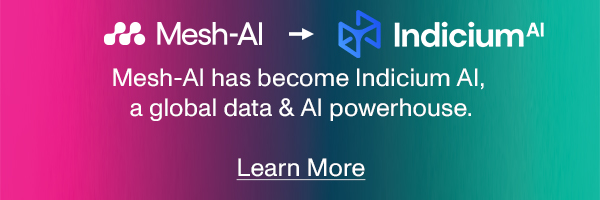


Jon Davies brings over two decades of front-to-back experience in energy trading technology, from building energy trade and risk management systems to leading digital transformations at banks, hedge funds and energy enterprises.
This has given him a unique perspective across three critical data pain points in the industry: silos caused by technology choices or business operating model, ownership challenges caused by tension between consumers and producers, and the growing need for data sharing in an increasingly interconnected global energy market.
Tell us about your background in energy trading data transformation.
My career has been front-to-back energy trading technology. I started building an energy trading risk management system from scratch at KWI, then worked across consulting with major banks and hedge funds at Sapient, led IT strategy at Gazprom, managed complex deal systems at BP, and most recently ran global data analytics at Shell.
One of the most eye-opening experiences was working on the Lehman Brothers bankruptcy. Their front office system showed 2 million trades, middle office showed 1 million - they couldn't be sure how many trades they really had . We had to reconcile and revalue every single one. It perfectly illustrated why proper data management across the entire trading lifecycle is critical.
What's the current state of energy traders’ data? What are the biggest challenges?
The biggest challenge is ownership. IT likes to say "business owns data" but what does that actually mean? Take a simple counterparty - traders care if they're allowed to trade with the counterparty, finance needs to know if it’s internal or external, credit needs ownership hierarchy. Different parts of the organisation need different aspects of the same data entity.
The other major challenge is getting high quality data into the hands of the decision makers in time for them to use it. This is partly down to silos making the right data hard to find, but also different use cases needing different levels of quality or history. It is important that the metadata describing the data is clear and consistent across the organisation and managing this becomes a massive, and often manual, additional data task.
How ready are energy traders for AI adoption? What's holding them back?
AI is a broad term - but if we focus on modelling/forecasting then physical energy trading houses are looking enviously at those doing AI well, but face two problems: data quality and market unpredictability.
Financial energy traders can adopt AI more easily, as they’re used to clean data and predictable patterns. But physical asset traders deal with missing data, late data, and events that break models. The recent Iberian Peninsula blackout wasn’t predicted because the specific series of events needed to cause it had never been seen before. This brings huge challenges for traders trusting black box AI models.
So I think the real AI opportunity isn't direct trading decisions, but strategic analysis - trends, scenario modelling, decision support. There's a huge long tail of analytics currently done in spreadsheets that could benefit from AI investment, where businesses can learn and adapt from how they’re currently operating.

What's the biggest opportunity in the market right now?
What excites me is that trading organisations are comfortable with uncertainty - they make money from it. They don't need 100% accurate data and analysis; but they do need to understand confidence levels. Tell them something is 30% vs 90% confident, and they'll risk adjust accordingly.
But in these new faster moving, more globally interconnected markets with more data coming, the old batch data warehouse model can't keep pace. Now when market disruption happens anywhere in the world you need to know it and respond to it or you’ll miss the opportunity.
What right now most excites you about joining Mesh-AI?
The technology landscape is moving at a pace that demands people with deep technical skills and experience in really making data and AI work. Mesh-AI has those people and it’s clear the impact we’re having on enterprise clients.
But it’s more than a technical problem – you need to understand what’s important to the businesses that use the technology, what tradeoffs or compromises are acceptable, and how it will help the users actually make decisions.
And finally, there are a lot of people doing POCs – it’s time to find a partner who focuses on going live and can bring your ideas to production at scale.
Find out how we're solving critical data access and quality challenges for some of the biggest energy trading houses.
